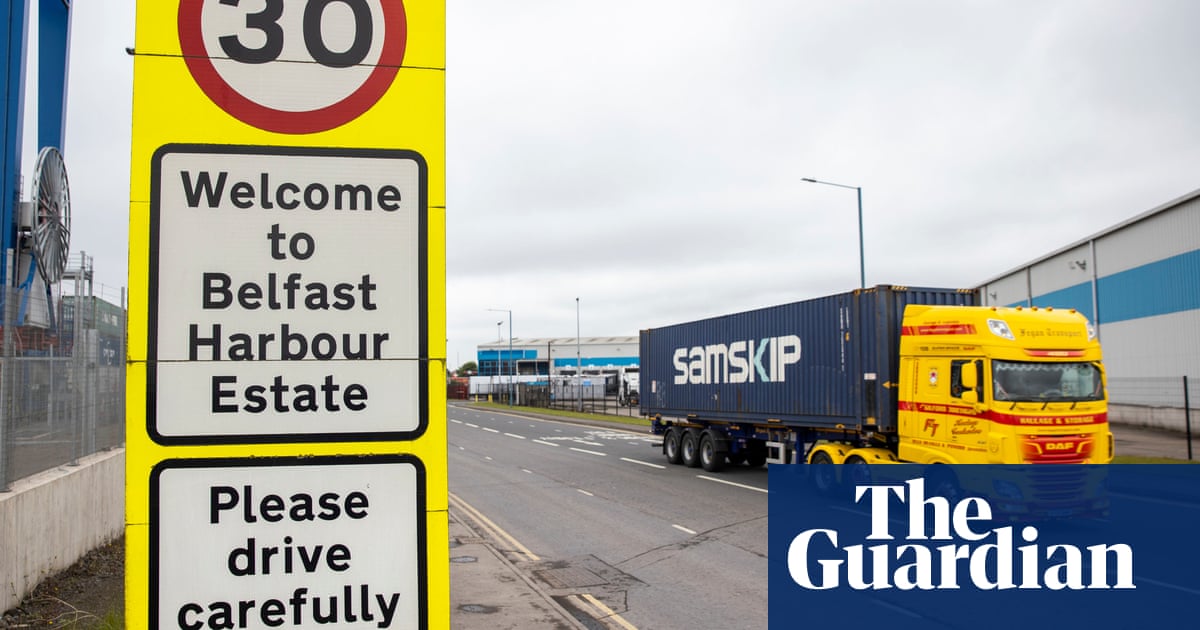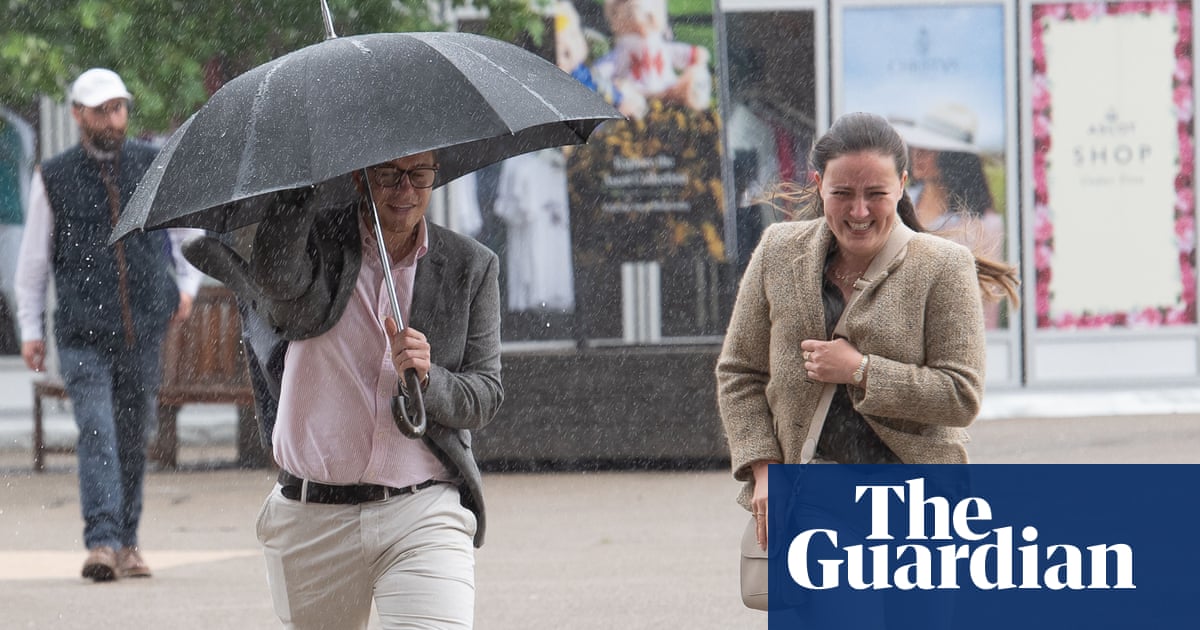
Hundreds of Britons stranded in Peru due to the coronavirus pandemic could be flown home early next week, the Foreign and Commonwealth Office (FCO) has said.
More than 400 British and Irish citizens are believed to be in the Andean nation and have been unable to leave following a 15-day government lockdown imposed since Monday.
But the FCO said on Saturday that the foreign secretary, Dominic Raab, had secured permission for a UK-organised flight to leave Peru for “early next week” following a call with his Peruvian counterpart.
Raab tweeted: “I had a good conversation this afternoon with my opposite number in Peru, Gustavo Meza-Cuadra.
“Amidst all the challenges of tackling coronavirus, we committed to working together in the coming days to enable UK nationals in Peru and Peruvian nationals in the UK to return home.”
Shortly before, the UK ambassador to Peru, Kate Harrisson, said in a Twitter post that the “UK government is working to make flights available from next week for British people who wish to leave Peru”.
The intervention comes after an avalanche of criticism from marooned travellers on a dream trip to the Andes heritage site Machu Picchu. Almost 30,000 concerned parents, grandparents and family members had signed a petition begging for the UK to organise rescue flights to airlift more than 400 Britons stranded in the south American country.
“Let’s wait and see if the flight turns up,” said Sheila Johnston, 67, who was in a hostel in the Peruvian capital Lima. She and other tourists received a letter from the FCO on Saturday informing them of the possibility and asking for a £250 (GBP) contribution.
“It’s not very much compared to the exorbitant amounts demanded for the other flights,” she added.
Many had complained about the lack of clear communication about plans by the British embassy in Lima with fury on Thursday over a message advising Britons of a Colombian airline Avianca flight leaving this weekend costing £3,000 per person.
Fred Fransis, 71, a traveller with a heart condition who was stuck in Cusco, welcomed the news, but said he and other tourists had been “under house arrest for 10 days” and had lost money from trip cancellations and missed flights.
“If the Foreign Office was as organised as our pressure group, we’d all have been home a long time ago,” he said.
“We are happy about this development,” said Luke Martin, also grounded in Cusco, but stressed that it was still “tentative as all other options haven’t materialised so far”.
Alarm had been growing in Peru among British nationals on Saturday after reports in local media that the airports would be closing on Sunday. “The situation appears to be escalating in Peru as stricter travel restrictions were announced today,” said Marcus Edgar, a PR consultant working in Huanchaco.
Anwen Greenaway, from Oxford said: “The government squandered their window of opportunity with inaction.”
On Friday, it emerged that Air France was also putting on flights to Paris, but priority was given to those already booked with the French airline, and passengers complained that they were being quoted £4,000 for a ticket. On Saturday the UK embassy tweeted that Iberia was flying, but it could not guarantee onward flights from Madrid to the UK.
Duncan Sharples, from Nottinghamshire, whose 22-year-old son is in the Andean city of Cusco with four friends, has been infuriated with what he says is a lack of clear information to the British stranded in Peru.
“The British embassy in Peru seems to be acting like a poor man’s travel agent. They are putting out messages saying, ‘Here’s a rescue flight to Paris, or Madrid’, but they can’t guarantee connecting flights to the UK.”
He said it was “wonderful” that the chancellor, Rishi Sunak, was offering to pay people forced out of work by the virus £2,500 a month, but said they should subsidise rescue flights too.
“If they said, ‘We will subsidise everyone £2,500,’ it would work, because I’m sure people could somehow drum up £1,000, but not £3,000 or £4,000,” he said.
Rebecca Aldridge contacted the Guardian to say: “Many other nationalities have been and are being repatriated whilst we despair at the lack of response from our government. We are 400-plus in Peru, lots with medical difficulties, some with children, the youngest being 12 months old, and we feel totally stranded for a very uncertain period of time.”
Some on a WhatsApp group have spoken of heart conditions and asthma, and one mother told of her 12-month-old baby being hospitalised on her trip with pneumonia.
Caia Daly, 37, flew to Lima with her husband, Carlos Abisrror, who is originally from Peru, and two young children, one of them 12 months old, in February for a four-week holiday and to see family.
Daly, who is originally from Dublin, said: “If things get really bad here, I’m worried for my children’s health.”
The official Twitter account of Hugh Bonneville, the actor who starred in the last two films about Paddington Bear, the fictional children’s character from “darkest Peru”, voiced support for the stranded Britons, saying “Paddington Bear has everything crossed for a swift resolution.”












